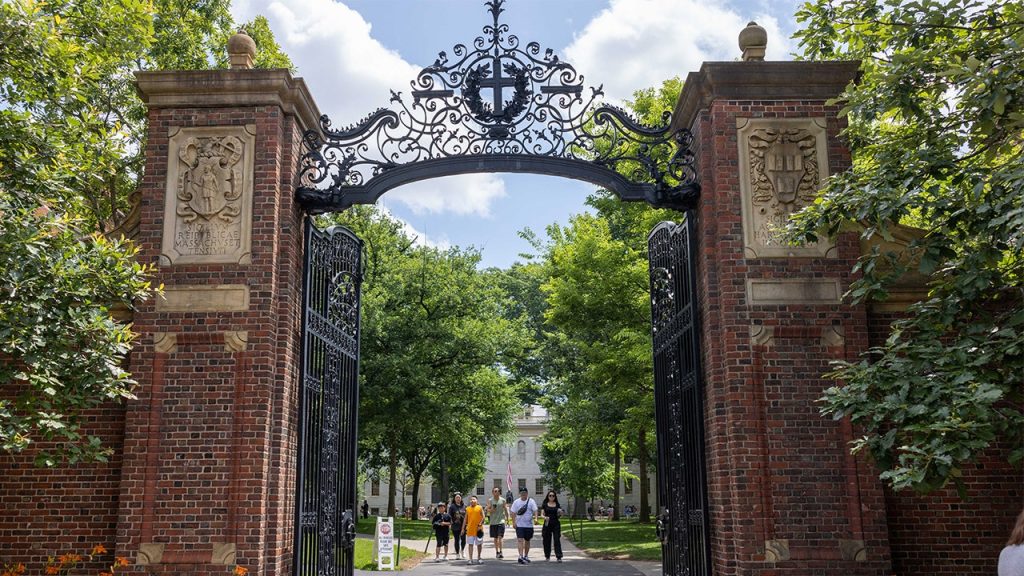Harvard University experienced a decrease in admission applications by 5% following controversies surrounding antisemitism and plagiarism. The Ivy League school accepted 1,937 students out of a total application pool of 54,008 for the incoming Class of 2028, representing a small decrease compared to the previous year. The early application pool also saw a decline of 17%, receiving 7,921 applications compared to 9,553 the year before. These declines coincided with controversies involving Harvard’s then-President Claudine Gay, who faced accusations of plagiarism and was criticized for her handling of antisemitism issues.
In December of the previous year, Harvard’s early application pool saw a significant decline, receiving 7,921 applications compared to 9,553 applications the previous year. This decrease came after discussions about institutional leaders’ reluctance to condemn antisemitism, sparked by Claudine Gay’s congressional testimony. Following these controversies, the Harvard president faced accusations of plagiarism in her academic work. Despite facing dozens of allegations, Gay released a letter to the Harvard community announcing her resignation as president, although she planned to return to the Harvard faculty. The scandals surrounding Gay led to increased scrutiny and criticism of the university’s leadership.
Despite efforts to address issues of antisemitism and plagiarism, Harvard faced setbacks due to internal turmoil and resignations within the antisemitism task force assembled by faculty and staff. The task force, meant to address and combat antisemitism within the university, struggled with internal complaints and challenges that prevented it from effectively undertaking initiatives. Additionally, major donors to the school, including hedge fund manager Bill Ackman and philanthropist Leonard Blavatnik, withdrew their contributions amid the chaos. The controversy surrounding Harvard reverberated across social media, with many expressing outrage over the handling of the situation and calling for accountability.
These controversies and challenges have had a significant impact on Harvard University’s reputation and admissions process. The decrease in application numbers for the incoming Class of 2028 reflects the consequences of the scandals surrounding antisemitism and plagiarism. The turmoil within the university’s leadership and the negative publicity surrounding the resignations and internal conflicts have likely contributed to the decline in applications. The controversies have also led to a loss of support from major donors, indicating broader implications for the university’s financial stability and standing within the academic community. Moving forward, Harvard will need to address these issues and rebuild trust in order to regain its reputation and attract top applicants in the future.


